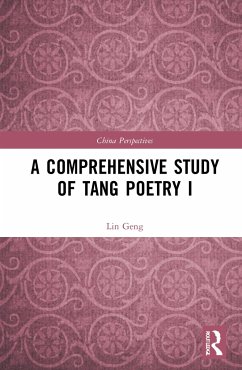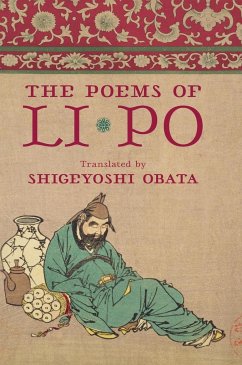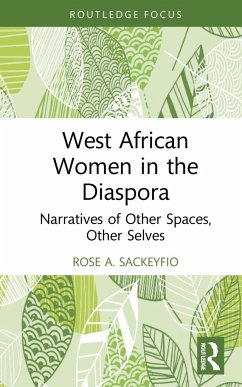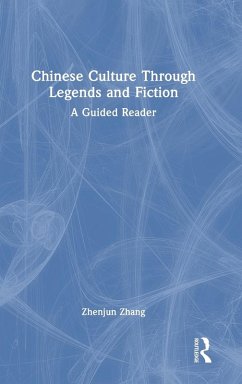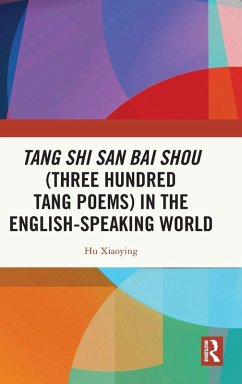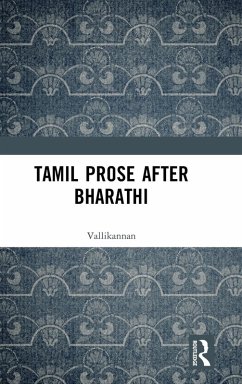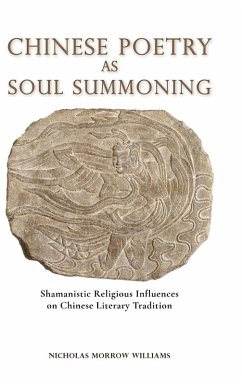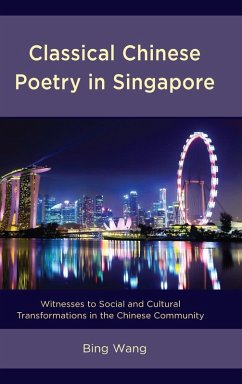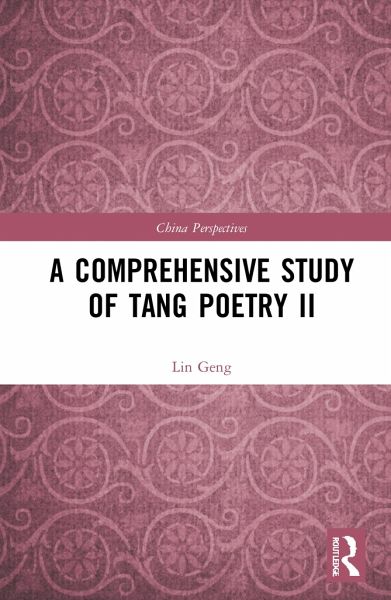
A Comprehensive Study of Tang Poetry II
Versandkostenfrei!
Versandfertig in 1-2 Wochen
169,99 €
inkl. MwSt.
Weitere Ausgaben:

PAYBACK Punkte
85 °P sammeln!
Tang poetry is one of the most valuable cultural inheritances of Chinese history. Its distinctive aesthetics, delicate language and diverse styles constitute great Literature in itself, as well as a rich topic for literary study. This two-volume set constitutes a classic analysis of Tang poetry in the "Golden Age" of Chinese poetry (618-907 CE). This volume focuses on the prominent Tang poets and poems. Beginning with an introduction to the "four greatest poets"-Li Bai, Du Fu, Wang Wei, and Bai Juyi-the author discusses their subjects, language, influence, and key works. The volume also includ...
Tang poetry is one of the most valuable cultural inheritances of Chinese history. Its distinctive aesthetics, delicate language and diverse styles constitute great Literature in itself, as well as a rich topic for literary study. This two-volume set constitutes a classic analysis of Tang poetry in the "Golden Age" of Chinese poetry (618-907 CE). This volume focuses on the prominent Tang poets and poems. Beginning with an introduction to the "four greatest poets"-Li Bai, Du Fu, Wang Wei, and Bai Juyi-the author discusses their subjects, language, influence, and key works. The volume also includes essays on a dozen of masterpieces of Tang poetry, categorized by topics such as love and friendship, aspirations and seclusion, as well as travelling and nostalgia. As the author stresses, Tang poetry is worth rereading because it makes us invigorate our mental wellbeing, leaving it powerful and full of vitality. This book will appeal to researchers and students of Chinese literature, especially of classical Chinese poetry. People interested in Chinese culture will also benefit from the book.




